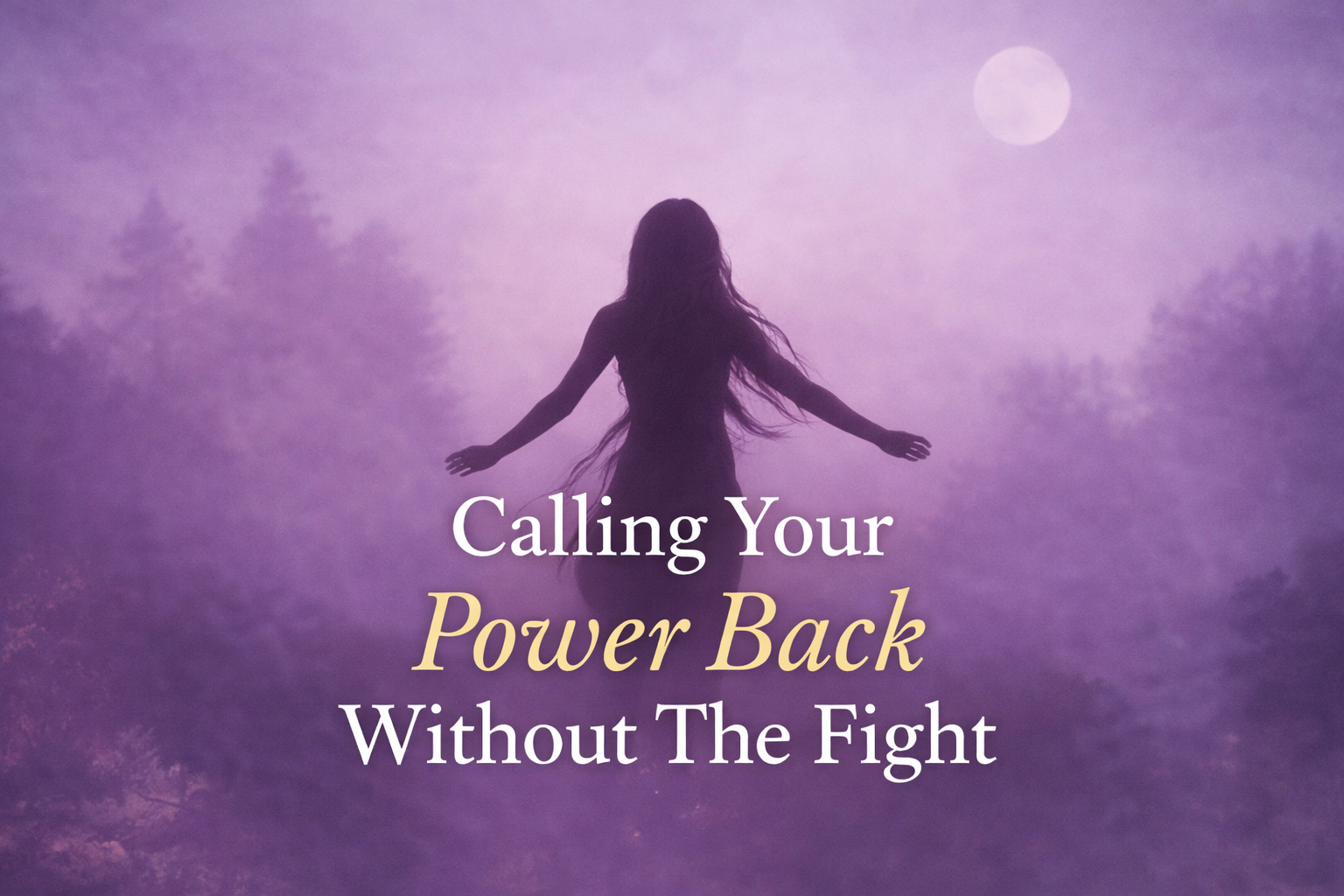Updated 29/06/25: This article has been newly refined with deeper insights, fresh visuals, and additional links to support your journey in releasing external validation and reclaiming your inner authority.
External Validation: Overcoming the Need for It
For a long time, I sought validation from others, believing that their approval would affirm my worth. I craved external validation in every area of my life… from personal relationships to professional achievements, even down to the smallest, casual interactions. I thought that if others saw value in me, I would finally be able to see it in myself. But the more I chased external validation, the more disconnected I felt from who I truly was.

The Truth About External Validation
The turning point came when I began to notice how fleeting and shallow external validation really was. Compliments felt sweet for a moment… but the satisfaction never lasted. It always faded, leaving me yearning for more. I realised that relying on others for my worth was like chasing a mirage… it looked promising from a distance, but disappeared the moment I got close.
Moving from External Validation to Inner Truth
That was when I decided to redirect my energy. I began the work of cultivating internal validation… the kind that doesn’t need to be earned, only remembered.
Here are the sacred steps I began to embody:
Self-Reflection
I turned inward. I started journaling, not just to track my thoughts, but to actually witness myself. My strengths, my wins, my values. I stopped outsourcing that reflection to others.
Mindfulness & Meditation
Each day, I practiced presence. Through meditation and breath, I began to sense my own energy field more clearly. This made it easier to come back to myself when the need for approval rose.
Positive Self-Talk
I softened the voice in my head. When the inner critic stirred or I found myself craving validation, I replaced those thoughts with truths I chose: I am already enough… I am whole.
Setting Personal Goals
I redefined success on my own terms. I created soul-led goals that aligned with my values, and celebrated even the quietest wins. This built a kind of self-trust that couldn’t be shaken.
A Supportive Network
I called in friends, mentors, and soul family who could reflect truth without distortion. People who saw me… not just what I could do for them.
Self-Compassion
This may have been the most powerful shift. I stopped punishing myself for mistakes, let softness in, and held my imperfections as sacred.
What Happens When You Heal the Need for External Validation

The more I practiced these shifts, the more my dependence on external validation faded. I began to feel a solidness within me… a quiet knowing. No longer needed someone else to say, “You’re doing well.” I could say it to myself. I could feel it.
This is what liberation tastes like.
Why External Validation Still Hooks Us
Psychologists agree that emotional validation is a basic human need—offering it to ourselves is just as vital as receiving it from others. Read more on Psychology Today
Let’s be honest. Validation isn’t inherently wrong. We all want to feel seen. We want our pain acknowledged. Our beauty noticed. Our work recognised.
The problem is when external validation becomes the foundation of our worth. When our self-esteem wavers with every comment, like, or reaction. When our nervous system spikes or crashes based on how we’re received.
We’re living in a world that constantly bombards us with feedback… likes, comments, performance metrics, social currency. So the pull is real. But it doesn’t have to run the show.
External Validation, Boundaries & The Sacred No
On this path, I also realised that one of the strongest declarations of self-worth is a sacred no.
As women… especially intuitive, nurturing ones… we are often trained to be agreeable. To bend, serve and accommodate. And we can lose ourselves trying to be what others need.
But when you begin validating yourself… something shifts. You no longer say yes out of fear. You start saying no from clarity.
Some people won’t like it. That’s part of the purge. Your sacred no will reveal who was benefitting from your self-abandonment.
How External Validation Reveals the Tyrant Archetype

The tyrant doesn’t always arrive in dramatic form. Sometimes they’re wrapped in charm… the doting neighbour, the helpful colleague, the understanding partner who later demands your everything.
These figures often reveal themselves only after your sacred no. Watch how they respond to your boundaries. That will tell you everything.
The Impact of External Validation on Self-Worth
The more we feed our worth from external validation, the more fragile it becomes. One negative comment can undo a week of praise. One unmet expectation can spiral into doubt.
But internal validation… that builds a foundation that doesn’t crumble. It’s steady. Rooted. Unshaken by outside opinion.
How to Let Go of External Validation
Internal validation is a practice of returning to your own truth, even in a world full of noise. Read this mindful guide
- Acknowledge your achievements, even the quiet ones.
- Practice self-reflection as an act of devotion.
- Embrace self-compassion when you fall short.
- Accept your flaws and hold them gently.
- Set values-aligned goals and let them anchor you.
- Surround yourself with safe people, not just familiar ones.
- Speak to yourself kindly. Daily. Especially when you want to hide.
- Limit comparison… return to your own lane.
- Meditate to come home to your essence.
- Live by your values, not external metrics.
Final Reflections on External Validation
Overcoming the need for external validation is not a single moment… it’s a practice of returning. To truth, self and to worthiness that does not need applause.
You don’t need to shrink, perform, or earn your way into value. You already are it.
Embrace your sacred no. Reclaim your energy. Let your radiance come from within.
Further Reading:
Feminine Business Flow: A New Way To Succeed
Unlock the Power of Emotional Mastery: Your Secret Weapon for Success
 About the Author
About the Author
Claire is a writer, intuitive healer, and mystic weaving the feminine through story, ritual, and lived experience. Through her blog she shares sacred insights on spiritual growth, personal power, and the soul’s deep remembering. Her work is rooted in Earth wisdom, emotional depth, and the kind of tenderness that transforms. She believes magic is not something we find, but something we uncover within ourselves.







Share your reflection below... I’d love to hear how this transmission lands for you.
This reflection space is part of a living temple of dialogue, a place for insight, resonance, and respectful exchange. All comments are read with care and may be lovingly edited for clarity, formatting, or safety before publication. Please share from your heart, speak with kindness, and keep this space high in frequency. Promotional links, aggressive language, or off-topic content will be removed. Thank you for honoring the spirit of this sanctuary.